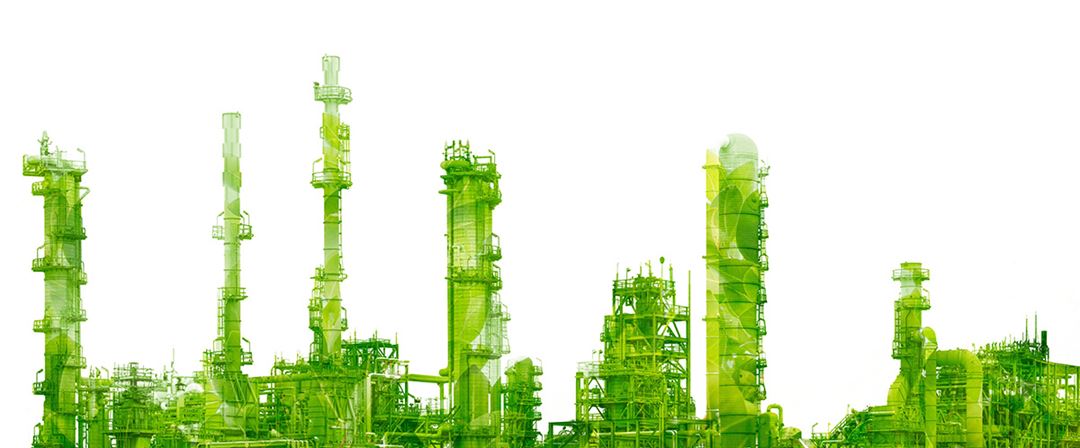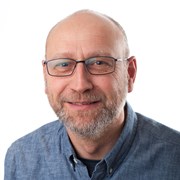Converting industrial CO2 waste streams into feedstock in an economical and energy-efficient manner is essential for sectors to meet EU climate targets and boost their competitiveness. Many production processes still rely heavily on fossil energy carriers and non-renewable raw materials. The carbon footprint of products derived from these resources can be reduced through Carbon Capture and Utilisation (CCU). Additionally, electrifying conversion processes and integrating renewable energy sources can significantly lower CO2 emissions and energy consumption across sectors.
A building block in the EU’s Twin Transition
Launching in January 2025, ICO2NIC (Innovative electrochemical CO2 Conversion to Versatile Feedstock) is an EU-funded project within the Process4Planet partnership of the Horizon program. The ICO2NIC strategy focuses on promoting CO2 capture and electrochemical conversion to transform industrial CO2 waste into valuable feedstock, with the goal of reducing energy consumption, cutting CO2 emissions and enhancing economic sustainability.
The project aims to capture and valorise waste CO2, making CCU economically viable, paving the way for a substantial reduction in global emissions.
ICO2NIC will combine advancements in CO2 capture technology based on polymer membranes with a new gas diffusion electrochemical cell to convert CO2 into formic acid. This formic acid will then be processed through biochemical methods to produce high-value goods and materials. ICO2NIC will create opportunities for substantial long-term CO2 capture in both the EU refinery sector and consortium partner TUPRAS' refineries, supporting decarbonisation efforts.
– We are excited to launch the ICO2NIC project, which will transform industrial CO2 waste into valuable resources, advancing both sustainability and competitiveness. By integrating renewable energy and innovative technologies, we aim to make carbon capture and utilisation economically viable, significantly reducing emissions while creating high-value products. This project is a crucial step toward achieving the EU’s climate goals and fostering a more sustainable industrial future," says project coordinator, Bernd Wittgens.



